BOOKS › TV › RADIO › FILM › LETTERS › PUZZLES
Lazy days
A MONUMENT TO MOSS
Poetic and beautiful prose that celebrates the verdant variety of these astonishing ancient plants
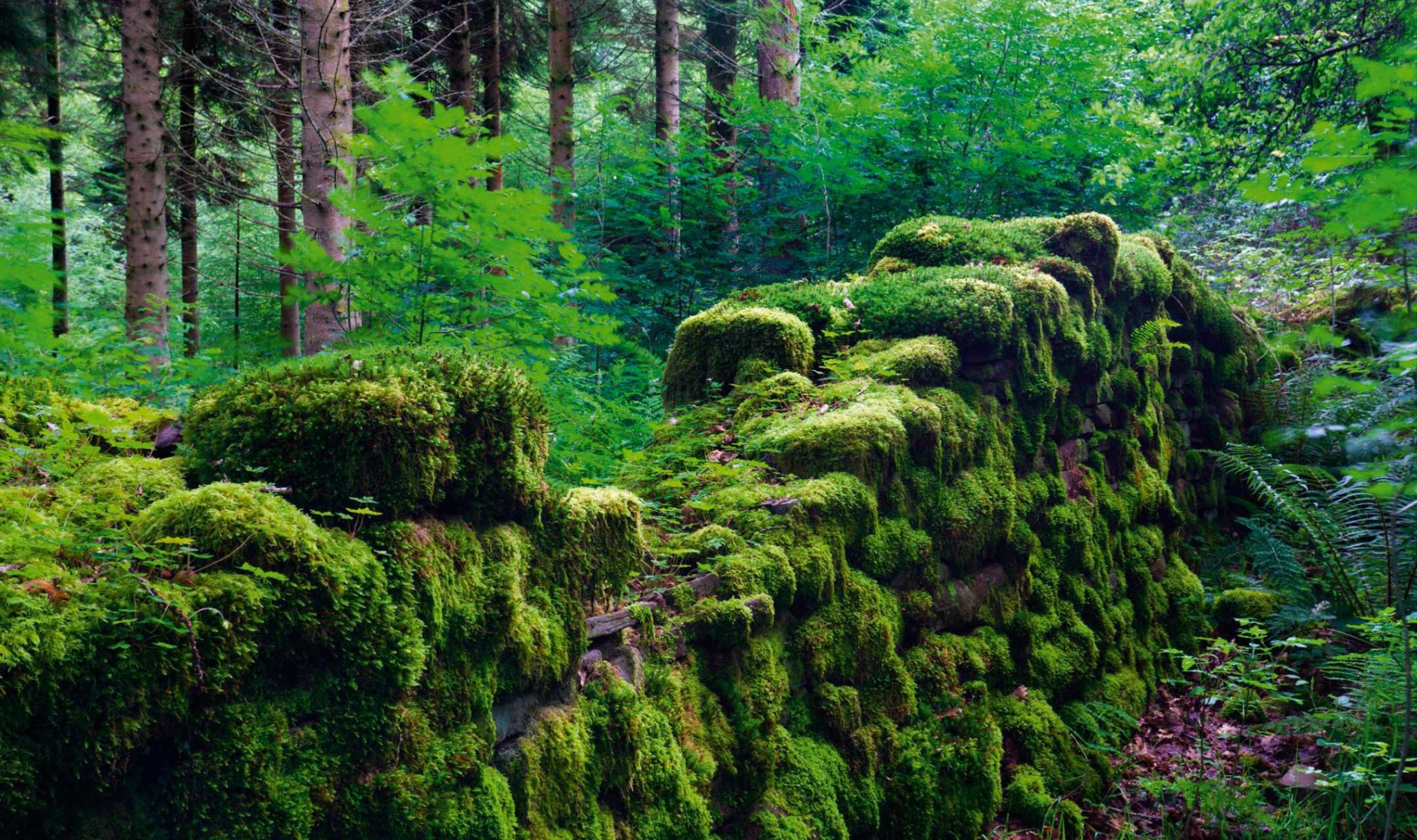
BOOK
TWELVE WORDS FOR MOSS
BY ELIZABETH-JANE BURNETT ALLEN LANE, £16.99 (PB)
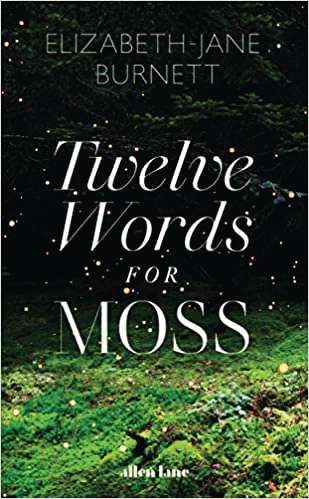
In this luminous book, poetry and dreamy prose weave a strange kind of mossy magic. Taking the “most overlooked of life forms” as her inspiration, Burnett explores intriguing parallels l between the lives of mosses and her own. She meets an abundance of them in wetlands around the UK, visiting raised bogs and reedbeds, damp caves, rewilded fens and Welsh rainforests, and also finds them close to hand, flourishing in the garden path of her childhood home near Dartmoor.
Burnett doesn’t just crouch down to observe mosses. She listens to, strokes and waters them, curls up among them, sings to them, even goes bog swimming with sphagnum. We learn that these ancient little plants, which are both rootless and flowerless, can not only grow without soil but even create it. Seen close-up, mosses come in a dazzling array of forms – feathered swords, leafy flounces, glistening cushions, sugar-spun filaments, flashing like glow sticks in the dark. Yet in English, they tend to have blandly descriptive names, or none at all, so Burnett invents her own: Ginger Spice, Tiny Dancer, Firework, and her favourite, Glowflake.
This is an intense book that rewards careful reading. I took my time over it, absorbing a few pages and then letting the beautiful, unforgettable imagery soak in. Burnett is a unique voice and one of our most original nature writers.
BOOK
UNDERCURRENT
BY NATASHA CARTHEW, CORONET, £16.99 (HB)
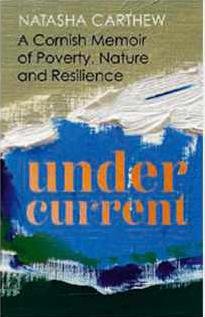
These things drew me in. Tough and lovely prose. The Cornish poverty theme contributing to the conversation begun by Catrina Davies (Homesick; Why I Live in a Shed), Raynor Winn (The Salt Path) and Simon Reeve’s TV documentaries. Downderry, where much of the book is set and where earlier this year I slept in a church, wondering at the cheek-byjowl thrust of council estates and millionaire mansions. Now, thanks to this memoir, I know.
This is poet Natasha Carthew’s gripping account of her turbulent working-class Downderry childhood. Her narrative is interspersed with information about the unemployment, alcoholism and homelessness against which her own vivid story is set. Familiar poverty traps such as substance abuse, she demonstrates, are exacerbated by the inadequate housing, employment, transport and youth services that come with the rural peninsula.
Despite her beautifully expressed rootedness to the rocks, flowers, beaches and seas of her home turf, Natasha, like so many others, felt forced to leave. “Chase down your dream or watch it go down the toilet as you scrub about with a posh person’s scented bog-brush,” she writes.
Second homes and tourists enhance the problems. No wonder she gives them short shrift, forcing us to see beyond our holidays and the alluring photographs in magazines. She tells her story with poetry and power.
BOOK
WILD AIR: IN SEARCH OF BIRDSONG
BY JAMES MACDONALD LOCKHART 4TH ESTATE, £18.99 (HB)
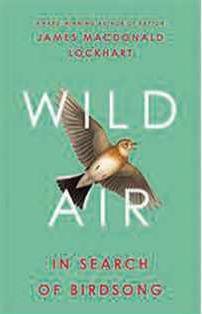
Only a very few bird sounds can be written easily in words. Chiffchaffs and kittiwakes are two, and it’s no coincidence that both get their common names from their songs or calls. So James Macdonald Lockhart, an editor and literary agent, has taken on a brave challenge in his book Wild Air: In Search of Birdsong to focus exclusively on something that is – by its very nature – almost impossible to pin down in human language.
He selects eight birds, from celebrated songsters such as nightingales and skylarks to species less renowned, such as shearwaters, and uses their songs as a way to explore their loves and lives. And for some, such as the nightingale, this works brilliantly, even though it’s hard to be sure exactly what a “sputnik-beep” is.
Under the auditory spotlight, the nightjar’s churr is an elaborate and sophisticated tool that reveals much about this most cryptic of birds. As much as anything, Macdonald Lockhart’s skills as a naturalist are second to none, his observations of skylarks especially fresh and sharp.
The call of the Manx shearwater, on the other hand, is arguably so unearthly that any attempt to write about it feels doomed. Macdonald Lockhart tries to verbalise it with “er-kuk-kuk-coo-er”, and variations thereof, none of which feel remotely helpful.
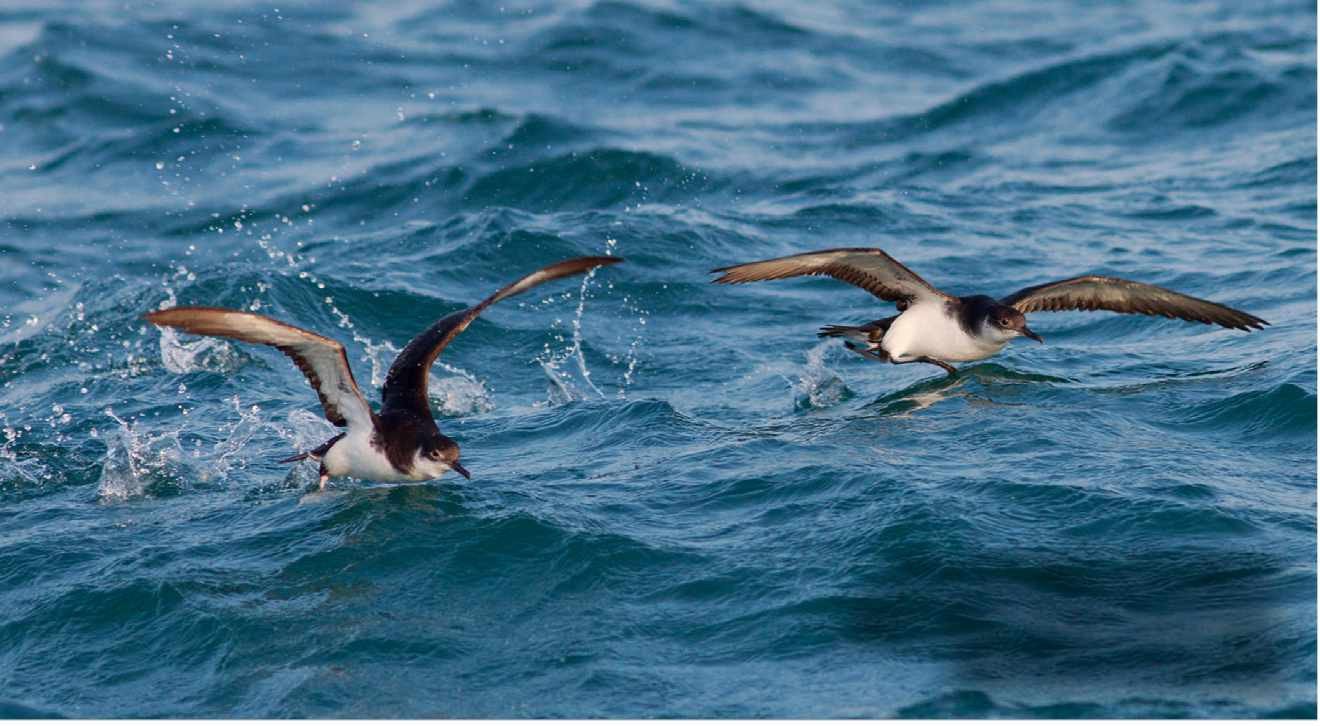
Still, reading Wild Air will surely make any one of us listen to beautiful songs of common birds such as blackbirds and wonder: what are they saying? What are they feeling?
CATCH-UP TV
THE GALLOWS POLE
BBC IPLAYER
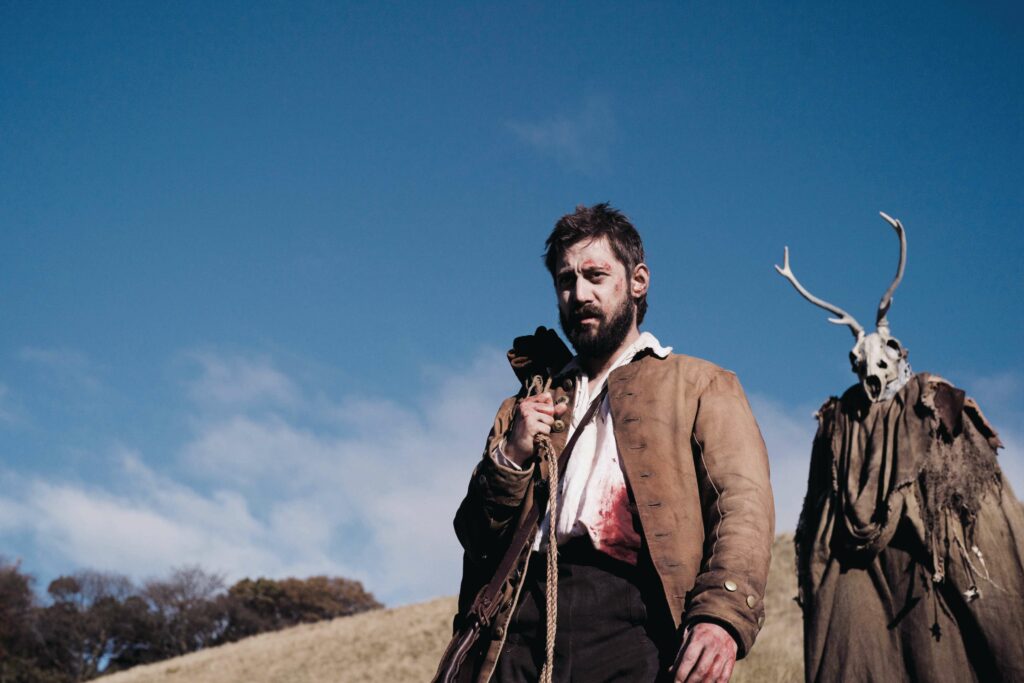
Set in Yorkshire in the 1760s, The Gallows Pole tells of the Cragg Vale Coiners, who established a counterfeiting enterprise in their deprived village. Based on the book by Benjamin Myers, itself inspired by real events, the story follows the quasi-religious path of ‘King’ David Hartley. This former wrong’un (played by a magnetic Michael Socha) is beset by visions of the mystical Stag Men, who instruct him to save Cragg Vale from destitution, using any means necessary. He is aided in his quest by ex-girlfriend Grace (a formidable Sophie McShera) and the desperate villagers.
Mad but brilliant, The Gallows Pole stands above other period dramas thanks to the wild direction of Shane Meadows. Featuring psychedelic imagery, gallows humour, loose and modern dialogue peppered with 18th-century terms, a soundtrack that veers from folk ballads to grimy rock, and spellbinding shots of Yorkshire landscapes, this earthy drama thrums with energy.
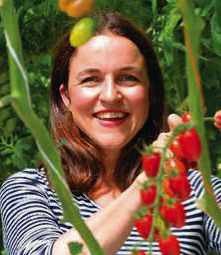
Q&A
FORAGING AND GROWING FOR WELLBEING
In her new book Avocado Anxiety, Louise Gray looks at the impacts of our food choices. We ask her how eating wild plants and growing our own can make a difference to our wellbeing
In what ways does foraging for wild foods benefit our mental and physical health?
Several peer-reviewed studies have found real mental and physical benefits from being outdoors, using our senses to identify natural objects and even the ‘soft focus’ of repeated actions such as picking fruits. But I think there is something deeper that is not so much about rational thought but the ‘magic’ we find in sourcing our own food and medicine from a hedgerow.
Are wild varieties of fruit and vegetables better for our health than cultivated plants?
Yes, potentially. Of course, it depends on what nutrient you are talking about. But in general, wild plants are full of phytochemicals, such as anthocyanin, an antioxidant found in blackberries and currants. Modern varieties of some fruit and vegetables have had many of these phytochemicals bred out because they can taste bitter. Scientists are trying to breed them back in. Or you could try just adding some dandelion leaves to your next salad.
How can we bring the benefits of wild plants into our own gardens?
By being lazy and not mowing the lawn! What I love about wildlife gardening is it can be messy. Even if you like to be neat, just leaving a patch of nettles by the compost heap can be good for butterflies. I’d recommend the books of gardening writer Kate Bradbury for more detailed pointers.
July is the height of the summer fruit season – is it important to only eat these treats in season?
No, I don’t think so. It is important to eat plenty of fruit and vegetables throughout the seasons. Eating local and seasonal when you can is a great way to support agro-ecological farming – and a strawberry picked fresh in July is always going to taste better. It’s a good idea try to avoid buying air-freighted food, but don’t beat yourself up about eating summer fruits over a longer season.
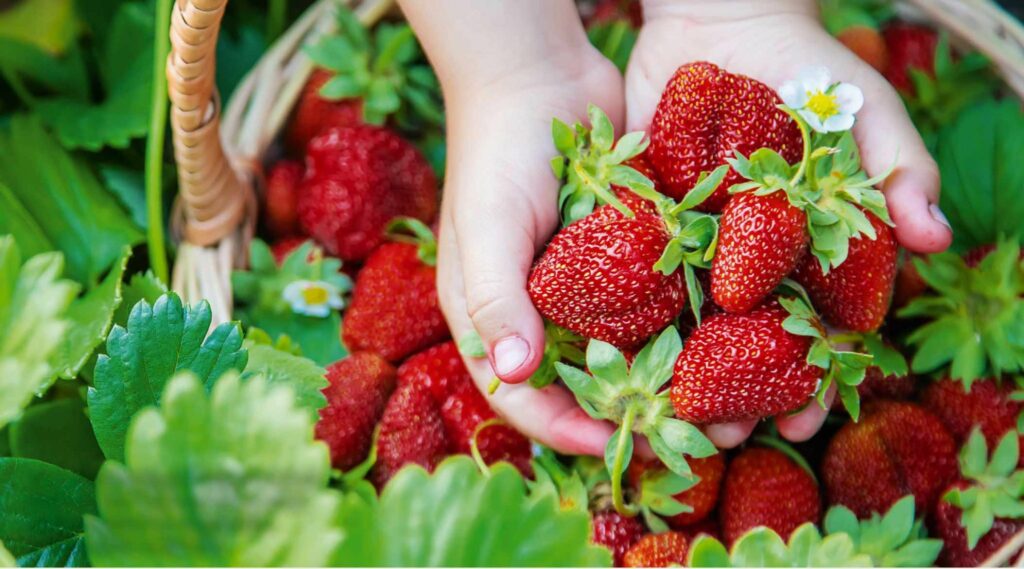
You took on a share of an allotment when working on the book – what did you learn from cultivating your plot?
That I have a lot more to learn about gardening! I found it challenging to grow food, though I did enjoy my glut of courgettes. Where I really benefited was the friends I made, the wildlife I spotted and the peace I found tending soil. We could grow a lot more of our food in cities, but we should also be supporting allotments because of these mental health benefits.
What is your favourite food to forage in July?
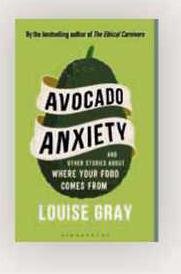
Nettle seeds. The nettle leaves have gone over but you can still pluck the seeds from the top of the plant. Ground down in a pestle and mortar with salt, it makes a lovely nettle salt that you can sprinkle on food – and it adds a bit of protein, too!
Louise Gray is the author of Avocado Anxiety and Other Stories About Where Your Food Comes From (Bloomsbury, £17.99), out now.